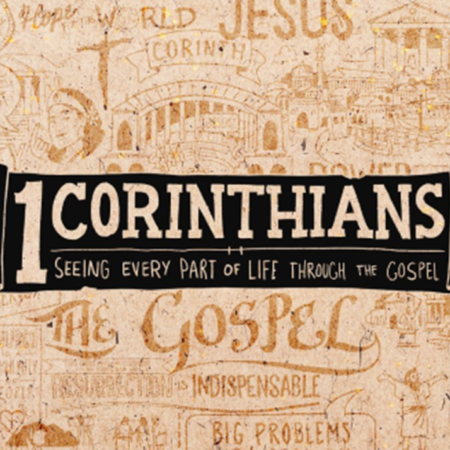In this time between Epiphany (the revelation of God in Jesus, in particular the manifestation to the Gentiles) and Lent, the Lectionary suggests a series of readings of the first three chapters of Paul’s first (preserved) letter to the Corinthians as the Epistle reading. I thought we could follow that suggestion and have readings from 1 Corinthians during that time—with some interruptions.
That letter was written by Paul to the church in Corinth, a church he knew well and therefore addressed quite frankly. Just a few years after Paul’s |missionary presence in Corinth and the apparent early success of the Church, things were already going wrong. The Church in Corinth had major issues: division, disagreement, sexual immorality, disorderly assemblies and wrong theology. Paul wrote the letter to address the problems, countering them with the Gospel and at the same time writing some of the most memorable, beautiful and inspirational passages found in the Bible. For Paul did not just point out problems, he gave the Corinthians a more profound vision of what it meant to live in Christ. In particular, the epistle is also about faithfulness, both the faithfulness of God towards humanity and the faithfulness of believers towards God in their lives. What does it mean for Christians to remain faithful in a culture that leads away from God? Which cultural practices should be resisted, which one are not necessarily that important?
The first three chapters of 1 Corinthians mainly deal with division in the Church and with the question of wisdom, particularly the contrast between worldly wisdom and true wisdom through Christ. Clearly the Corinthians thought that Paul’s letter was not just good advice for them, but had something important to say for Christians everywhere. And so the letter spread to finally become part of the Bible. I think it still has something to say nearly two thousand years later.

